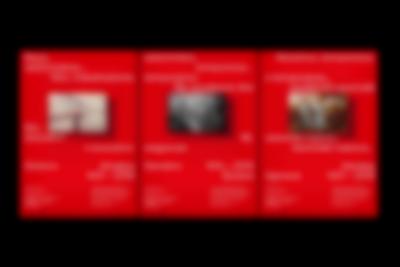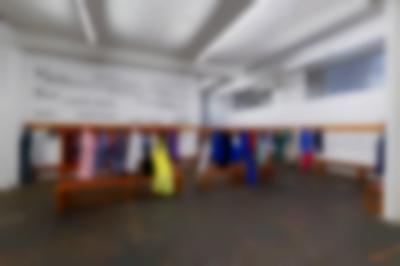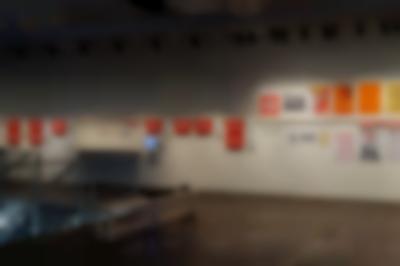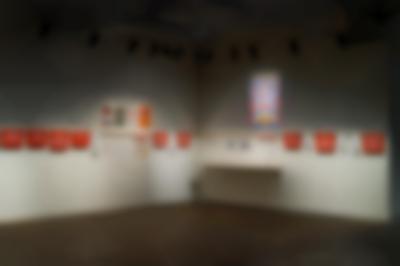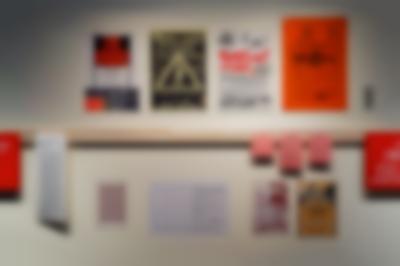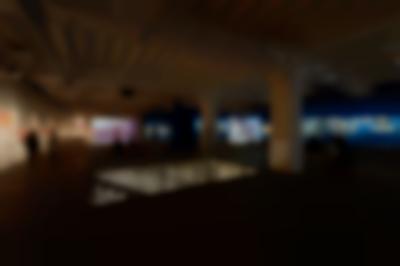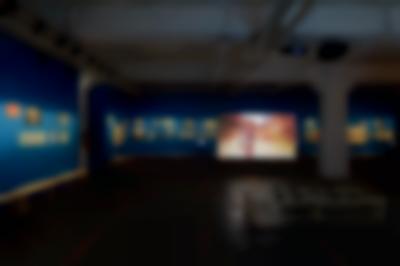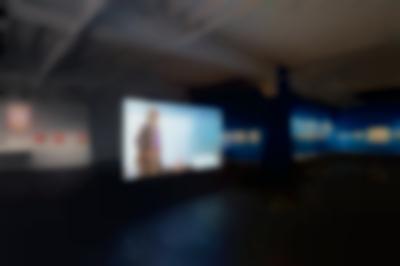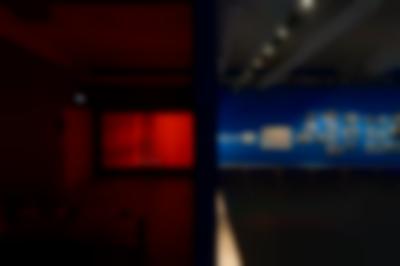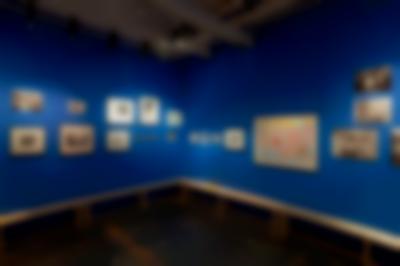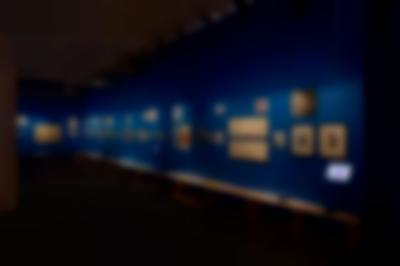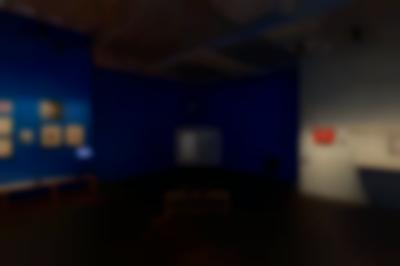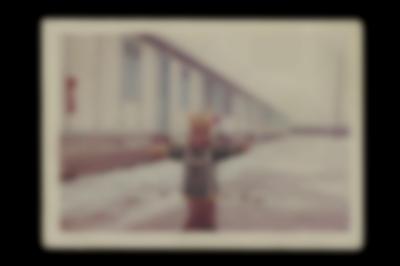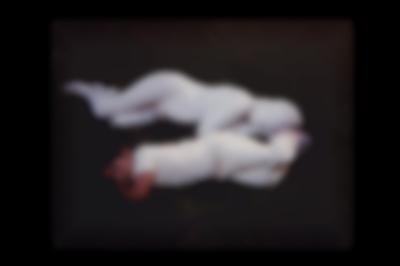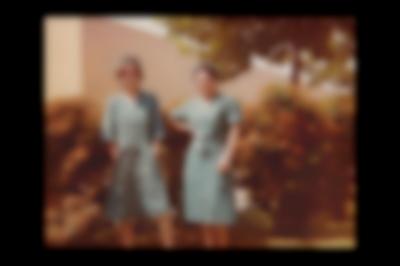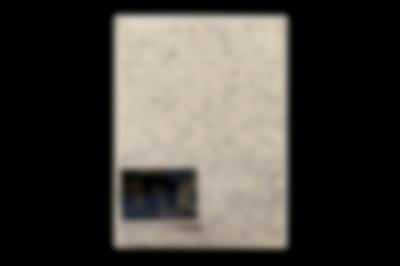We Guest Workers…
Geneva 1931-2019
30.10–24.11.2019
“Who built Thebes of the seven gates? In books you will find the names of kings. Did the kings haul up the lumps of rock?” In the poem “Questions from a Worker Who Reads,” Bertolt Brecht laments the erasure of key actors in historical accounts.
When it comes to the boom in Geneva and Switzerland during the second half of the twentieth century, the role played by immigrant workers has been similarly left out. But tens of thousands of people then called “guest workers” contributed to the building of several suburbs, major cantonal infrastructural projects, Geneva’s imposing international edifices, and the expansion of Geneva’s hospitality industry and agricultural sector.
Thanks to a motion passed by the Geneva city council, the exhibition Nous, saisonniers, saisonnières… Genève 1931-2019 pays tribute to these men and women.
In a confluence of historiography, remembrance and art, this exhibition bears witness to the difficult living and working conditions that Switzerland reserved for people with temporary work permits. It revisits a controversial moment in this country’s history and reconsiders the issues involved.
In order to reconfigure the modes of shared remembrance, the show deploys several ways of conveying narratives, using historical documents, personal archives, artworks and documentary films specially produced for this occasion. Through them we hear the voices of the guest workers of yesterday and today’s migrant workers.
The revisiting of this ensemble of personal stories is all the more important because the issues involved cry out for attention more than ever, as evidenced in the conflicts about this subject between the European Union and Switzerland, and the living conditions of today’s undocumented workers, among other people in difficult and unstable conditions.
Remembering that past and recognizing its contemporary echoes goes hand in hand with efforts to develop a different way of seeing historical and contemporary migrations.
An exhibition initiated by the City of Geneva, conceived and produced by les Archives contestataires, le Collège du travail and Rosa Brux.
With the generous support of









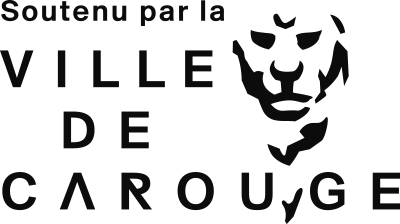




Event partners








